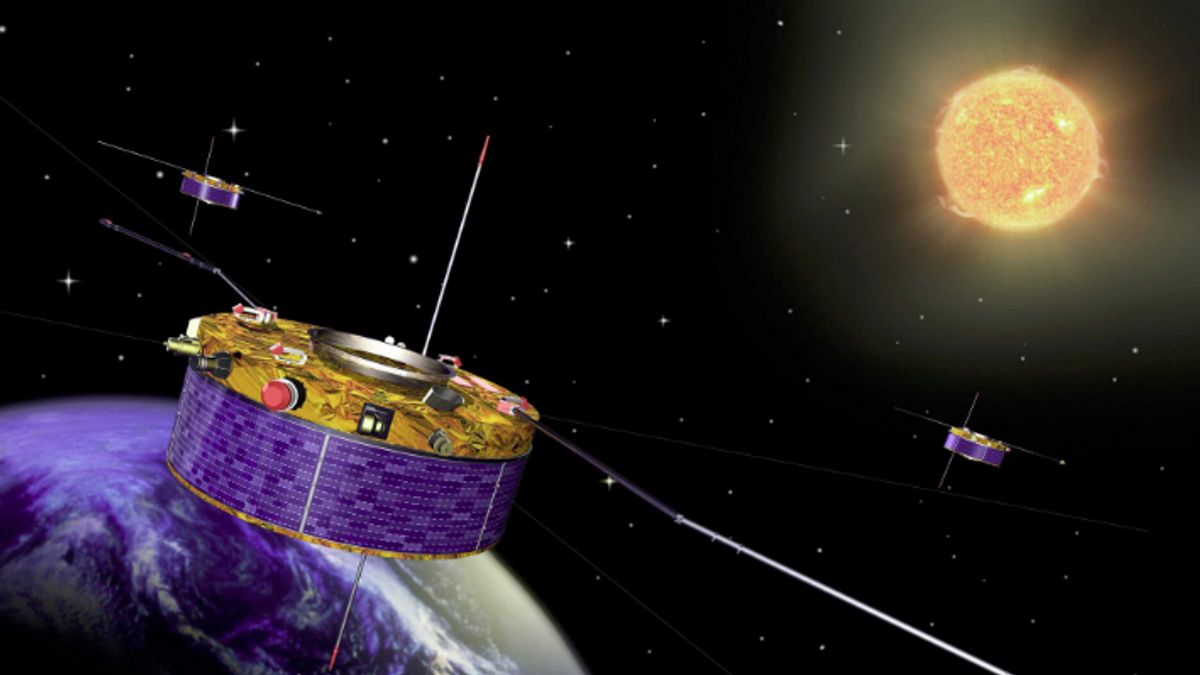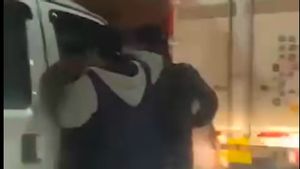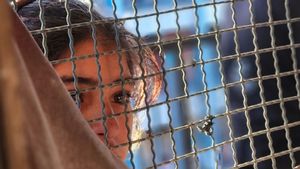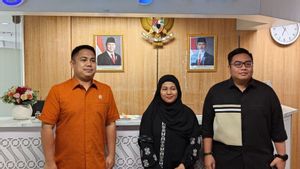JAKARTA The European Space Agency (ESA) announced that the Cluster mission is coming to an end. The mission will officially expire after Salsa, the first satellite from the Cluster, re-entered Earth's atmosphere.
According to an ESA statement, Salsa will arrive at the atmosphere in September. Before Salsa returns, the spacecraft operator will maneuver first to ensure the landing area.
This satellite is expected to enter a rare population area in the South Pacific. By determining this location, ESA wants to learn the process of entering objects from space into the Earth's atmosphere in a safe way.
After Salsa re-enters the atmosphere, the remaining satellites in the Cluster will stop on duty and enter guard mode. The Rumba satellite will return in 2025, while the Tango and Samba satellites will return in 2026.
The cluster was first launched in 2000 to investigate the interaction between the Sun and Earth's magnetosphere, a shield for humans from the charged gas, energetic particles, and magnetic fields from the Sun.
SEE ALSO:
Initially, Cluster was planned to operate for two full years. However, due to some considerations, ESA extended its mission to 24 years in orbit. During its tenure, Cluster managed to produce 3,200 scientific papers.
According to ESA, Clusters are very useful for scientists in studying the impact of the Sun on the Earth's environment. Scientists' insight into the potential for dangerous space weather has also increased.
Although the Cluster mission will end, the data from this constellation will be used forever. ESA will store Cluster data in a safe archive so that researchers can review and analyze events that had occurred in the past.
The English, Chinese, Japanese, Arabic, and French versions are automatically generated by the AI. So there may still be inaccuracies in translating, please always see Indonesian as our main language. (system supported by DigitalSiber.id)

















